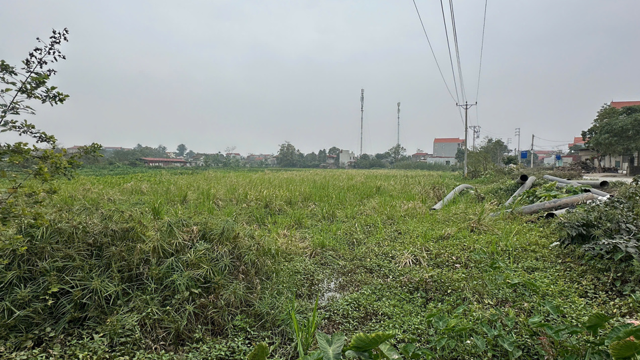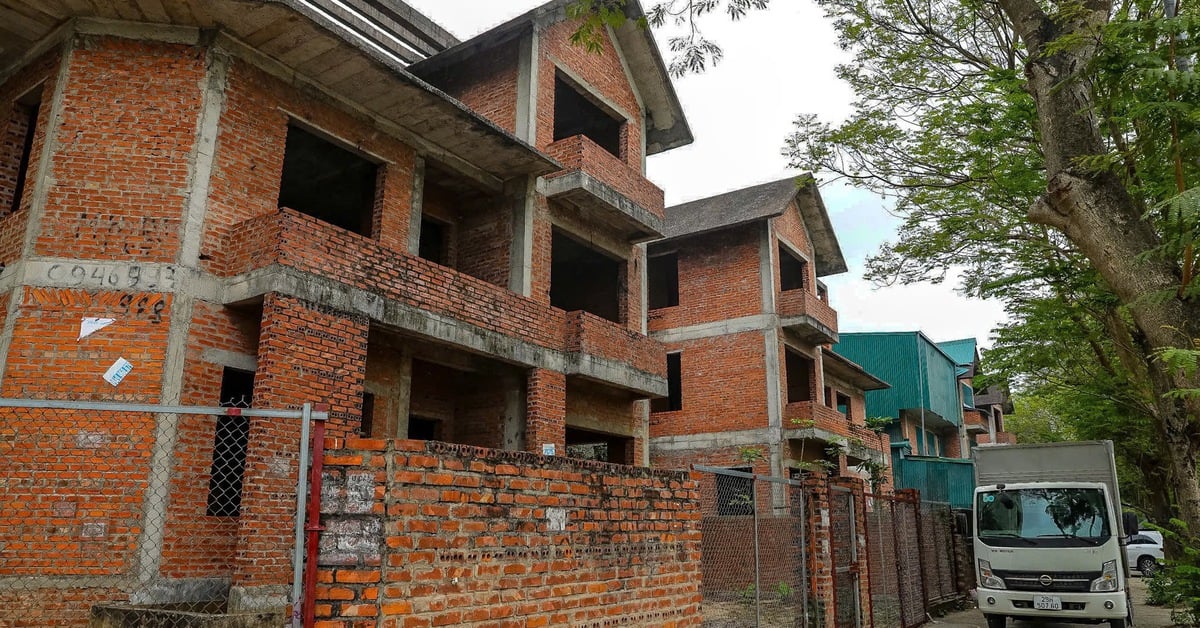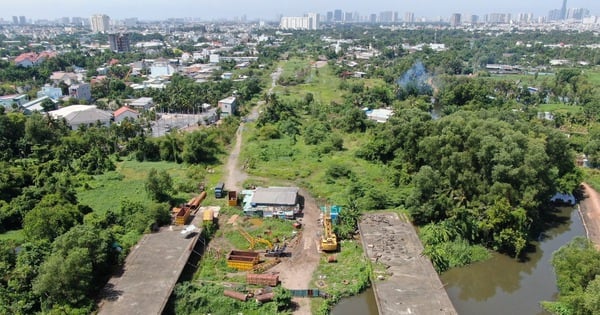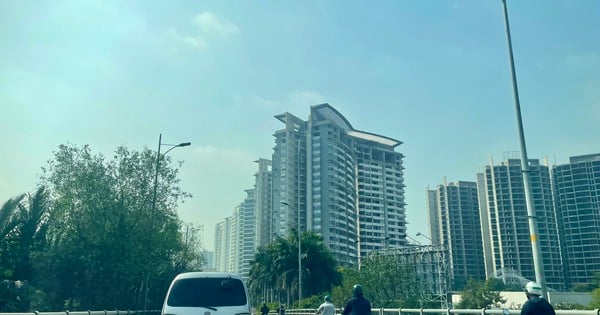When your neighbor is granted a red book that overlaps your land, it means that your rights are violated. According to the law, the issuance of an incorrect red book can be completely canceled. However, to protect your rights, you need to take specific and legal actions.
Reasons for overlapping red book issuance
- Errors in the measurement and mapping process: This is the most common cause, due to technical errors or errors in the implementation process.
- Inaccurate state records and books: May be due to poor record management or incomplete information updates.
- False declaration: In some cases, people may intentionally make false declarations to occupy other people's land.
- Unclear procedures: Unclear legal regulations or improper procedural implementation can also lead to this situation.

Illustration: Labor Newspaper.
How to handle
Step 1: Collect evidence
- Request the competent authority to provide cadastral maps: You should request the land management agency to provide cadastral maps over time for comparison and verification.
- Check the inventory book, tax receipts: These documents will prove your land use rights.
- Work with neighboring households: Collect information from people living nearby to testify.
Step 2: Request re-measurement
- Submit a request: You should submit a request to the district/county land management agency to request a re-measurement of the land area.
- Participate in the measurement process: You should be present to monitor the measurement process and work with the land officer.
Step 3: Administrative complaint
- Submit a complaint: If the measurement results are not consistent with reality and the land management agency does not resolve the issue, you have the right to submit a complaint to the District People's Committee.
- Complain to a higher level: If the district-level complaint is not resolved, you have the right to complain to the provincial People's Committee.
Step 4: File a lawsuit
- Prepare documents: You need to prepare complete documents and evidence to file a lawsuit.
- Choosing a lawyer: Having a lawyer to advise you will help ensure the best interests for you.
4. Important Note
- You need to note the time limit for complaints and lawsuits according to the law.
- Costs: The dispute resolution process can be costly, including appeal fees and litigation costs.
- Additionally, you can seek support from non-governmental organizations or law firms for legal advice and assistance.
Resolving land disputes can be complex and time-consuming. However, with careful preparation and perseverance, you can protect your legitimate rights.
Note: The information contained in this document is for informational purposes only and is not intended to be a substitute for professional legal advice. For further advice, please consult a lawyer or legal professional.
Source


![[Photo] Mass parade to celebrate 50 years of national reunification](https://vstatic.vietnam.vn/vietnam/resource/IMAGE/2025/4/30/825e459ee2f54d85b3a134cdcda46e0d)

![[Photo] The parade took to the streets, walking among the arms of tens of thousands of people.](https://vstatic.vietnam.vn/vietnam/resource/IMAGE/2025/4/30/180ec64521094c87bdb5a983ff1a30a4)

![[Photo] "King Cobra" Su-30MK2 completed its glorious mission on April 30](https://vstatic.vietnam.vn/vietnam/resource/IMAGE/2025/4/30/5724b5c99b7a40db81aa7c418523defe)
![[Photo] Panorama of the parade celebrating the 50th anniversary of the Liberation of the South and National Reunification](https://vstatic.vietnam.vn/vietnam/resource/IMAGE/2025/4/30/affbd72e439d4362962babbf222ffb8b)































































































Comment (0)